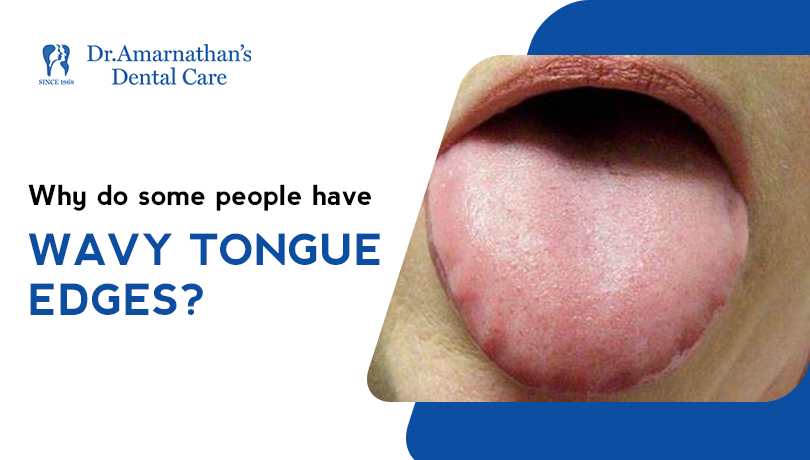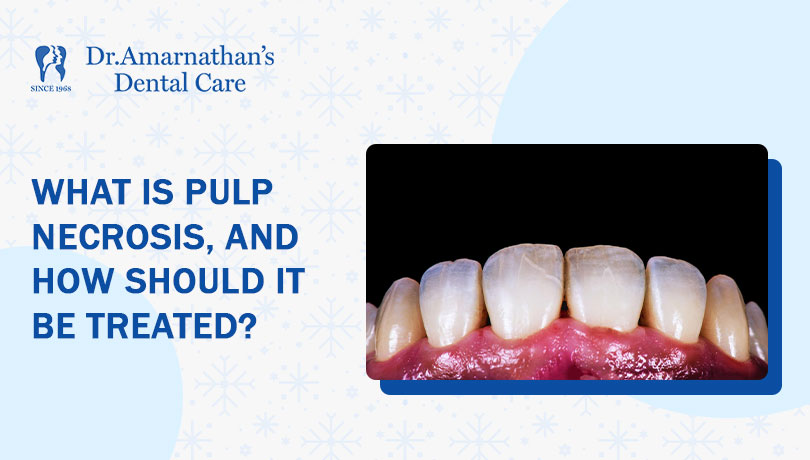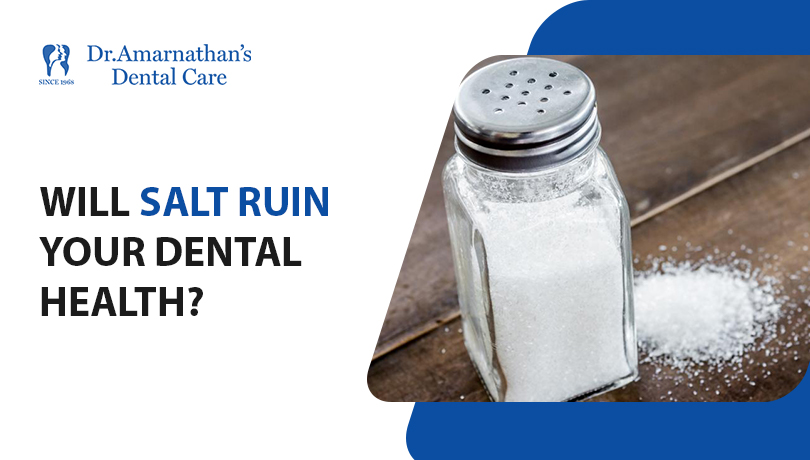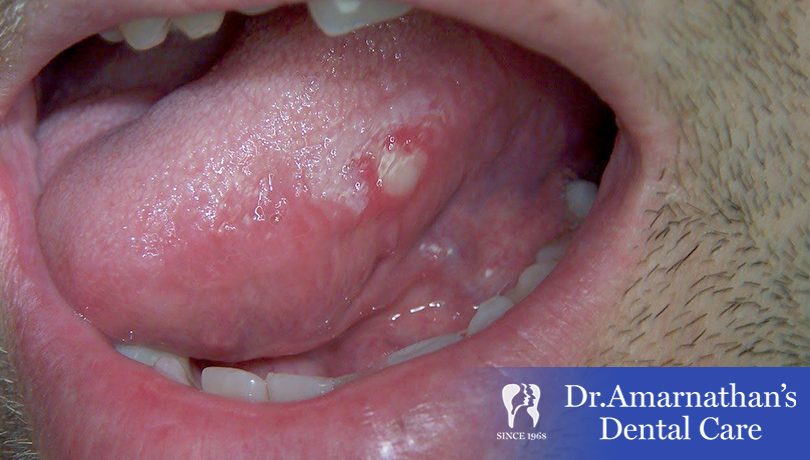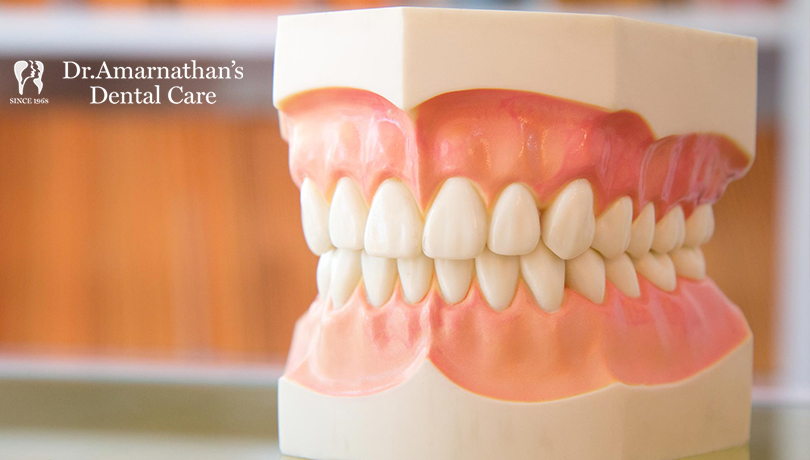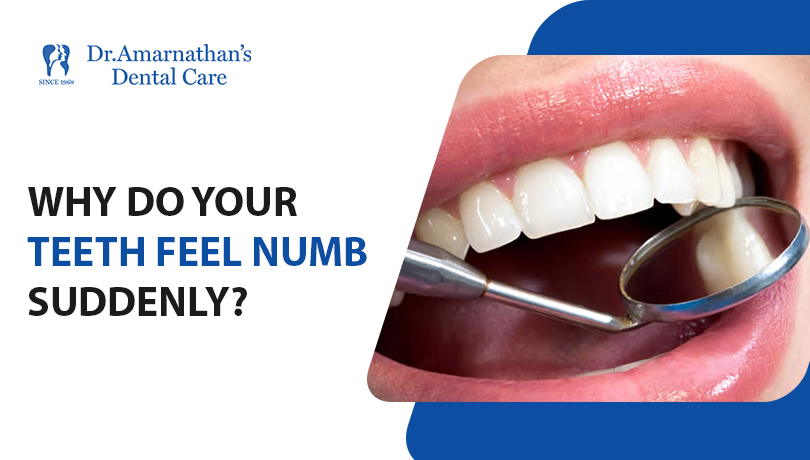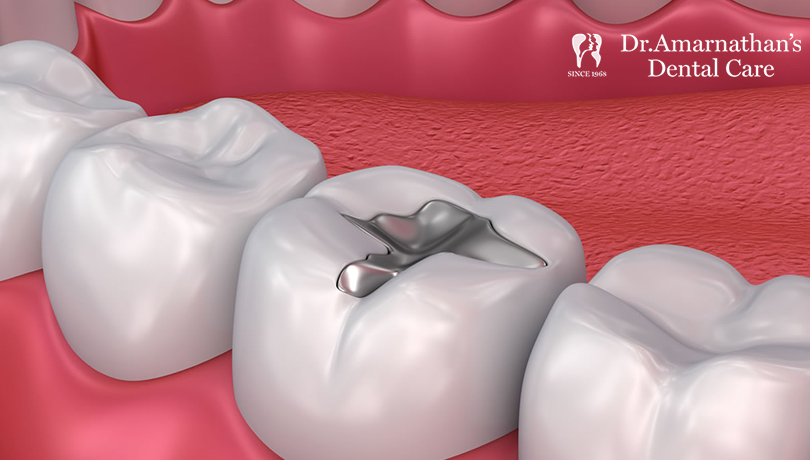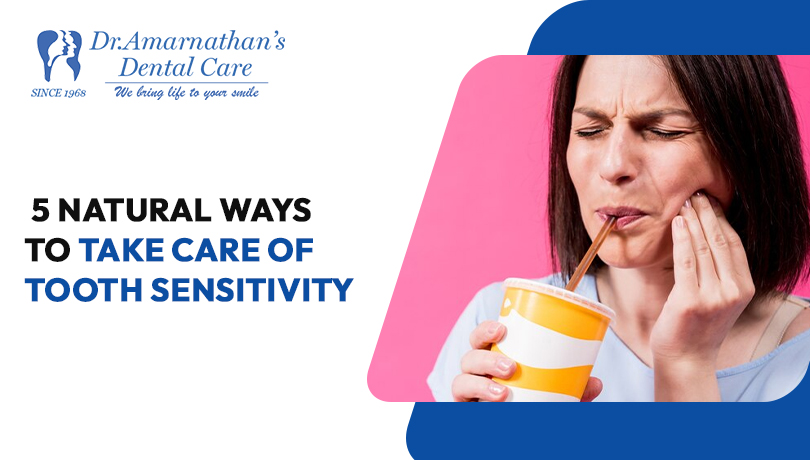
5 Natural Ways to Take Care of Tooth Sensitivity
Getting a numbing or severe discomfort in your teeth while eating or drinking something hot or cold? If your answer is yes, you may be experiencing teeth sensitivity.
What does it mean? Chronic inflammation causes tooth sensitivity – a painful dental condition. It has an impact on one’s drinking, eating, and breathing. However, it is a common and curable illness.
According to ncbi, one out of every eight patients who attended dentist offices had sensitive teeth.
This mouth problem may put a damper on your favorite foods, but don’t worry! In this blog, we’ll understand exactly what sensitivity in the teeth is and why it happens. Then, we’ll look at several natural ways to get rid of sensitive teeth. From now on, you won’t have to suffer from any tooth pain while enjoying your favorite foods.
What Is Tooth Sensitivity?
Ever felt a twinge of pain with hot or cold foods? That’s tooth sensitivity, waving hello. It happens when the protective enamel on our teeth decides to take a break. The outcome is the sensitive nerves beneath exposes.
Now, you may be asking yourself – what causes sensitivity in your teeth?
Many things can be the culprits behind sensitive teeth. Some of them are gingivitis, receding gums, and sometimes, our overenthusiastic brushing habits or poor dental hygiene. Going a bit too hard with the toothbrush can also be the reason. Because they can leave our teeth feeling a bit too sensitive for comfort.
Knowing the root of your sensitivity before suggesting treatment is important. Meanwhile, you can use some home remedies until your next dental checkup. Keep reading to learn some natural ways that can make a significant difference in your oral health.
5 Tips to Tackle Tooth Sensitivity Naturally
To get rid of tooth sensitivity, try these 5 natural remedies. They will also relieve and ease your pain. Here they are:
1. Gentle Brushing
When it comes to tooth brushing, less really is more. Use a soft-bristled toothbrush that is designed to be gentle on sensitive teeth and gums. Rotate the brush in gentle circular motions to avoid wearing down the enamel. Brushing too hard can cause your gums to recede and damage oral tissues. We can say that harsh brushing can be a sensitivity catalyst!
2. Desensitizing Toothpaste
Purchase a decent desensitizing toothpaste. Compounds in this toothpaste make dentin less porous. Dentin is a firm, porous tissue beneath all teeth’ enamel layers. The less porous dentin means liquid has more difficulty passing through it. Reduced permeability shields the nerve beneath, reducing tooth sensitivity and pain.
Furthermore, the chemicals in this paste protect nerve endings from irritants. Potassium nitrate is the most active component in these toothpastes. This mineral aids in blocking pain impulses from a nerve in your tooth to your brain. Hence, your sensitivity will decrease after a few applications.
3. Saltwater Rinse
A saltwater rinse is a simple yet powerful cure. Salt is an antiseptic that can also help relieve inflammation. Add 8 ounces of warm water with half a teaspoon of salt. Swish the salt water in your mouth a few times. After that, spit it out. This method reduces inflammation and calms sensitive teeth.
A saltwater rinse as a mouthwash is a great way to combat oral bacteria. Also, it improves oral hygiene.
4. Coconut Oil Pulling
Oil pulling with coconut oil is an age-old remedy for tooth sensitivity. Coconut oil has anti-inflammatory qualities that aid in the relief of dental discomfort.
How to do it? For 15 to 20 minutes, swish a tablespoon of coconut oil in your mouth. Then, spit it out. This procedure can assist in strengthening teeth while also reducing sensitivity. This method is called oil pulling. Likewise, it helps to reduce sensitivity while also fostering healthier teeth and gums.
A 2015 pilot research backed up this technique. It demonstrates that daily coconut oil pulling may minimize plaque development and gingivitis indicators.
Oil pulling possible advantages for gingivitis may, in turn, lessen tooth sensitivity.
5. Green Tea
Green tea is another substance with well-known health advantages. It contains anti-inflammatory and antioxidant qualities. So, it has been utilized in studies on cancer prevention and cardiovascular health.
Green tea can help in your oral health. Its antioxidants can strengthen enamel and reduce sensitivity.
Use unsweetened green tea as a mouthwash twice daily for sensitive teeth. It protects the teeth and reduces irritation. To gain the benefits, make it a habit to drink a cup of green tea every day.
Conclusion
Tooth sensitivity is an unpleasant sensation that can be highly restricting. It is not found in regular healthy teeth. Sensitive teeth do not have to be a continuous companion. Include the basic and natural methods listed above into your everyday routine. Moreover, you may say goodbye to discomfort and enjoy your favorite foods without fear. When it comes to dental health, remember that consistency is everything. Here’s to pain-free grins in the future!
If your symptoms do not improve after a few days, you may require extra therapy. At your next appointment, discuss your alternatives with your dentist. They will be able to determine the source of your tooth sensitivity. Plus, they can advise you on the best course of treatment to ease your pain.



